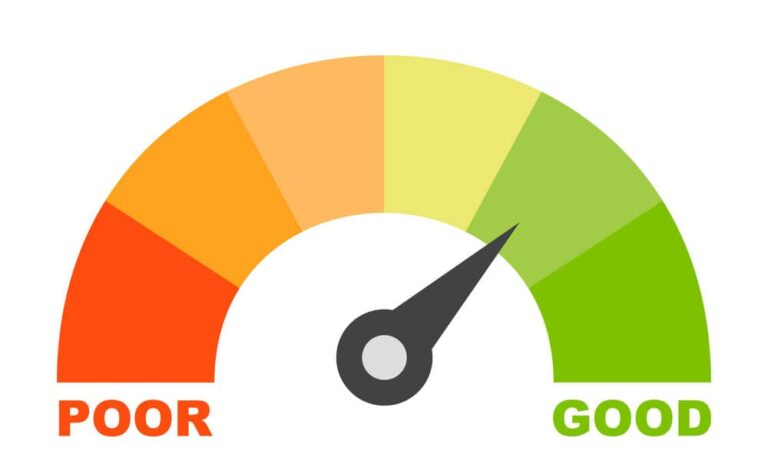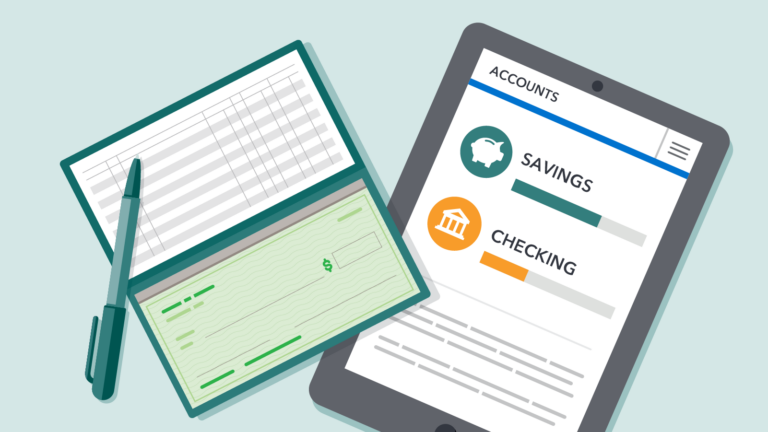How to Prepare Financially for College: A Complete Guide
Going to college can be a very expensive proposition. Tuition, room and board, books, and other incidentals can add up very quickly. If you do not prepare financially for college, you could find yourself in a lot of trouble. In this article, we will discuss some ways that you can prepare financially for college so that you can avoid any unnecessary stress. We will cover everything from scholarships and grants to student loans and budgeting tips.
Determine the True Cost of College
You may get scared when you look at brochure prices for colleges. However, this should not be a worry as the “net price” i.e the total cost of attendance minus any financial aid and gifts received towards payment of your college cost.
Estimating your total cost of college may be challenging as you really don’t know how much you will pay from your pocket until you know your total financial aid package. When selecting your preferred college, consider those that will offer the highest financial aid package, especially if cost is a major factor in your college planning.
After knowing your total college cost, you will be able to select the right school that fits within your financial limits as well as offers maximum financial aid. To know your total college cost, first, draw up your annual budget then break it down into monthly budgets or financial plans.
Your budget should cover all aspects of your expenses like food, books, room, clothes, and entertainment. You can use commercial costs calculators available online to estimate your total college cost. In addition, many colleges offer these estimation tools on their websites. Be sure to check the respective college websites. You can also ask the school’s financial aid office for an estimate of your total college cost.
Look for Scholarships, Grants and Other Financial Aid
Once you know the college costs you are looking at, it is time to start searching for scholarships and other forms of financial aid that may be available to help reduce your out-of-pocket costs. Start by researching the college’s website or visiting the school’s financial aid office. Many schools offer a variety of scholarships specific to their students. There are also many private organizations that have programs in place to provide grants to students based on merit or need. It is important to start your search early so that you have ample time to apply for any grants or scholarships available.
In addition, there are federal and state financial aid programs that may also be available to you. The Department of Education offers federal student loans through the William D. Ford Federal Direct Loan Program, as well as additional grants such as the Pell Grant. Be sure to do your research and apply for any eligible programs for which you qualify.
Fill out Your Free Application for Federal Student Aid (FAFSA)
Once you have done your research and identified which scholarships, grants, and other financial aid programs you qualify for, it is time to fill out the Free Application for Federal Student Aid (FAFSA).
Filling out a FAFSA will help determine how much federal student aid you can receive.This information can be used to supplement any of the other forms of financial aid that you may have applied for. It is important to complete your FAFSA as soon as possible as many states and colleges use this information when awarding their own grants and scholarships.
Budget Accordingly
Once you know the amount of money you will have toward college expenses, it is important to create a budget so that you can plan ahead for any unexpected costs or surprises. Make sure to factor in tuition, books, room and board (or rent if living off-campus), transportation costs, insurance premiums, food expenses and entertainment costs into your budget. Additionally, consider other costs like laundry, printing costs and other miscellaneous items that may arise.
Once you have an estimated budget in place, make sure to track your spending each month and adjust your budget accordingly if needed. This will help you stay on track financially during college and avoid any debt or financial difficulties in the future.
Start Saving Early
You should start saving for college as soon as possible. You can do this by opening a savings account specifically for college expenses and depositing funds into it each month. Or, if you are eligible, you may want to consider a 529 plan or other tax-advantaged programs offered by your state. These plans often offer attractive benefits such as tax deductions and investment growth that can help make college more affordable in the long run.
In addition to saving ahead of time, try to find ways to reduce your overall costs while attending school. This may include living at home during college rather than on campus, taking advantage of student discounts wherever possible and making sure you have a reliable car with low operating costs if commuting is necessary. All these measures will help ensure that you are making the most of your money.
Get a summer job
If possible, try to get a summer job that can help support your college costs. This will not only give you some extra income in the short term but also provide valuable work experience and develop important skills such as problem-solving, communication and teamwork.
The summer usually offers some free time which you can use to earn some extra cash and reduce your college cost burden. While on your summer job, ensure you save some money every month towards clearing your college cost.
Speak with a Financial Advisor
If you are feeling overwhelmed by the financial aspects of college, it may be beneficial to speak with a financial advisor. A professional can help you develop a plan for managing your money and provide guidance on ways to make the most of your college experience without putting undue strain on your finances.
Choose an affordable school
Finally, when considering colleges, be sure to look at the total cost of attending each school. Factors such as tuition and fees, living expenses and other associated costs can add up quickly. Look for schools that offer generous financial aid packages or those with tuition rates significantly lower than other similar institutions. By doing this you can ensure that you are not overpaying for a college education while still getting the quality education you need to succeed in your chosen field.
Conclusion
The above tips can help you to adequately prepare financially for college and avoid last-minute shocks . By planning ahead, budgeting accordingly and taking advantage of savings programs and other cost-saving measures, you can reduce your college costs and make sure you get the most out of your college experience. Additionally, speaking with a financial advisor or researching affordable schools can help ensure that you are making the best decisions possible when it comes to financing your education. With some careful planning, you can prepare financially for college without much struggle.






